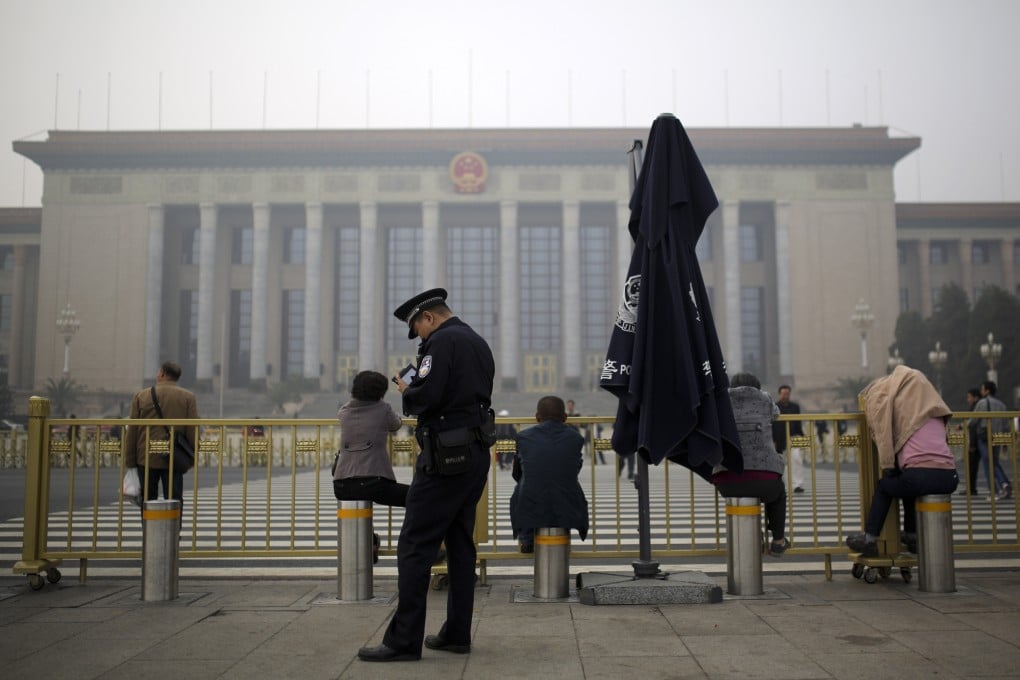Under the party's grip, Chinese legal reforms won't get far
Chang Ping says Beijing's legal reforms fail to address the key concern

In the summer of 2009, I exchanged views with a group of mainland judges and prosecutors at the University of Hong Kong. From them, I learned that the Hong Kong government has for many years sponsored such study trips for mainland legal professionals, many of them from Shenzhen.
Even though the legal systems on the two sides of the border are vastly different, those I spoke to felt that they benefited from the visit. They noted that, among mainland cities, Shenzhen was widely seen to have the best qualified legal workers, and its courts often led the others in pushing judicial reform.
Nevertheless, this did not prevent the Shenzhen judiciary from being among the most corrupt in China. In one case, five senior judges of the Shenzhen Intermediate People's Court - including a vice-president - were arrested for taking bribes.
Whether or not judges have spent time at a Hong Kong university also made no difference to the courts' treatment of dissidents. Like other mainland courts, Shenzhen courts take instructions from the Central Political-Legal Committee and act as a tool to muffle dissent. Xue Mingkai and Wang Dengchao - just to cite two cases - were jailed by Shenzhen courts for no other reason than that they called for the protection of human rights and pushed for democracy.
At the conclusion of the Communist Party's fourth plenum, leaders pledged to "comprehensively advance the rule of law to govern the country".
Official media hailed the decision for marking a new chapter in the development of China's rule of law. Regrettably, however, the long and detailed document on the decision was silent on the two biggest problems in the Chinese legal system - judicial corruption and political interference.
Like the courts in Shenzhen, these problems will remain impervious to change, despite the promise of sweeping legal reform.